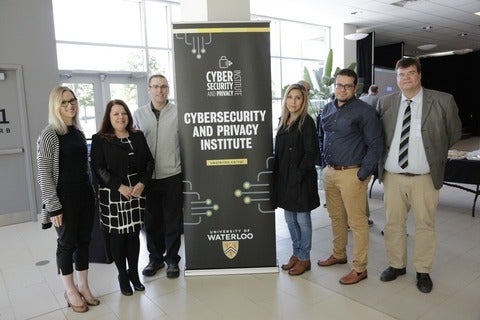11th Biennial Symposium on Information Integrity and Information Systems Assurance
The Centre for Information Integrity and Information Systems Assurance at the University of Waterloo (UW CISA) will be holding its 11th biennial symposium held in Toronto, Canada. Our symposia are recognized for the extensive interaction between practitioners and academics. Papers and panels from academe and practice will address risks, controls and assurance issues associated with the following topics:



